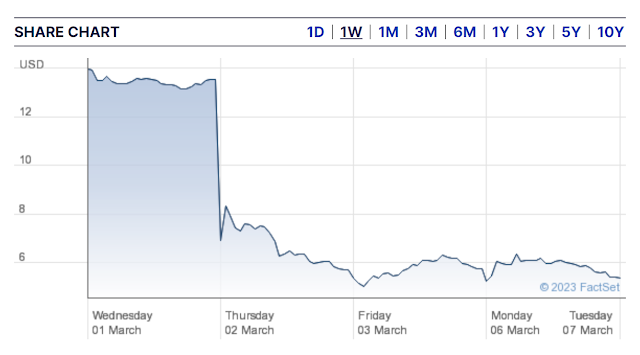Sunset

Dear friends, this is my last post on this site. Coppola Comment has moved to Substack. You can find the new site here . Why the move? Well, Blogger has become increasingly difficult to use. The code generator is buggy and I constantly have to mess around with the HTML to make posts look half decent. I don't have the time for this nonsense. I just need a nice straightforward CMS that doesn't make my life difficult. Also, those of you who subscribed by email will know that for some time now you have not been receiving email notifications. This is because Google turned off Feedburner. Google helpfully said I could download the email list and do notifications myself using something like mailchimp, but I don't have the time for this, either. I want a platform that manages my subscribers and notifications for me. I did consider moving to Wordpress, but I've never really got on with that (it's why I used Blogger). And I also considered Patreon for the subscriber side. ...

_reporters_swarming.png)



